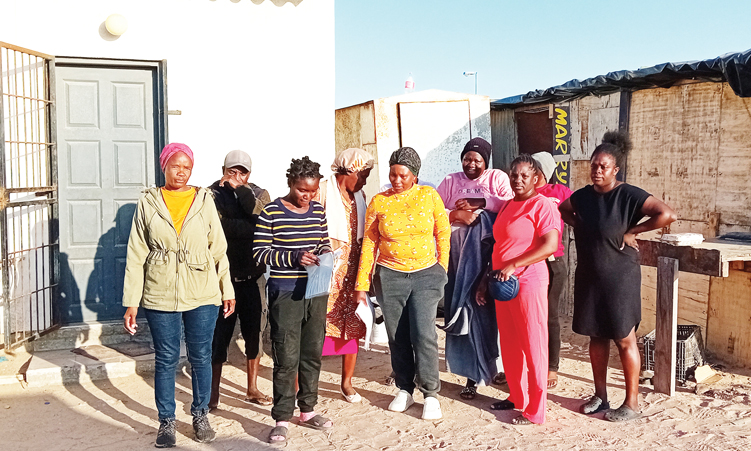Businesses are taking fewer loans in the face of higher repayments.
According to a private sector credit extension report by Simonis Storm Securities, the corporate sector has experienced a decline in credit uptake of 4,2% in June 2024.
“The corporate sector also experienced a slowdown in credit growth largely due to higher repayments in other loans and advances, as well as overdrafts,” noted the report.
However, household credit uptake saw growth of 2,7% when compared to the previous two months.
This is the highest growth rate for the year, but still lags behind 2023 levels.
“All categories within the household sector showed growth in June, except for overdrafts, which slowed down,” noted Simonis Storm.
According to the report, the overdraft category which contributes only 4,0% to total household credit uptake, remains the least significant.
Mortgage loans, which make up 67,6% of household credit, increased in June, up from May.
“Mortgage loans, the largest component of household credit, increased to 1,9% year-on-year (y/y), while other loans and advances also saw growth.
“Mortgage lending is constrained by diminished demand from both corporates and households, largely influenced by the high-interest-rate environment,” noted Simonis Storm.
Despite the uptick in household credit, overall private sector credit extension declined to 1,8%. This means fewer businesses and people have been taking up debt. This decline is attributed to repayments by corporate borrowers.
According to the report, the current repo rate is restrictive which discourages borrowing.
A restrictive monetary policy is usually used by the central bank to control inflation by slowing the supply of money, therefore reducing economic activity.
“The current repo rate of 7,75% surpasses the June inflation rate of 4,6%, resulting in a real repo rate of 3,2%,” noted Simonis Storm.
“This indicates a restrictive monetary policy, which partly explains the sluggish credit extension to the private sector.”
According to Simonis Storm, when compared to previous years, the household sector is struggling to gain momentum, largely due to elevated interest rates.
Additionally, claims by non-residents fell to 1,2% y/y in June, down from 2,5% y/y in May.
This means that people from other countries were claiming less money from Namibian banks in June compared to May and June of the previous year.
– shania@namibian.com.na; @ShaniaLazarus on X
Stay informed with The Namibian – your source for credible journalism. Get in-depth reporting and opinions for
only N$85 a month. Invest in journalism, invest in democracy –
Subscribe Now!










